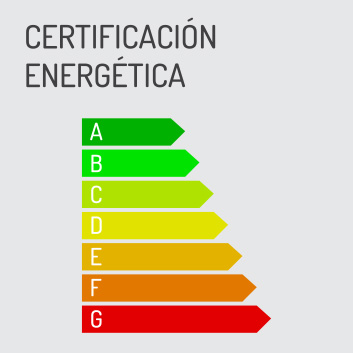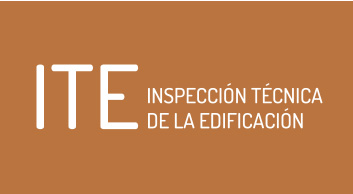
Directive 2010/31/EU of 19 May 2010, on the energy performance of buildings, repeals Directive 2002/91/EC and makes mandatory to issue an energy certificate for buildings or units, which are being constructed, sold or rented. The recently approved the Real Decreto 235/2013 of 5 April repeals the Real Decreto 47/2007 and regulates the certification of both new and existing buildings.
The energy certificate is a document that summarizes the energy performance of a house or block of flats, retail or commercial buildings and scores it on a scale from grade A (better energy performance) to G (worse energy behaviour). A graphical representation of the grade is known as the energy efficiency label.
The energy certificate must be requested by the property owner and shall be facilitated to the tenant or the homebuyer when prompted. The certificate has a validity of ten years, during which the owner must keep it.
The aim of this certificate is to encourage the demand for energy efficient homes or properties, boosting renovations to homes to make them more efficient and attractive to potential buyers or tenants. Households with better energy certification will consume less energy thereby saving on bills (gas, oil, electricity, etc.), as well as helping to improve the environment.
The energy certificate is a document that summarizes the energy performance of a house or block of flats, retail or commercial buildings and scores it on a scale from grade A (better energy performance) to G (worse energy behaviour). A graphical representation of the grade is known as the energy efficiency label.
The energy certificate must be requested by the property owner and shall be facilitated to the tenant or the homebuyer when prompted. The certificate has a validity of ten years, during which the owner must keep it.
The aim of this certificate is to encourage the demand for energy efficient homes or properties, boosting renovations to homes to make them more efficient and attractive to potential buyers or tenants. Households with better energy certification will consume less energy thereby saving on bills (gas, oil, electricity, etc.), as well as helping to improve the environment.







